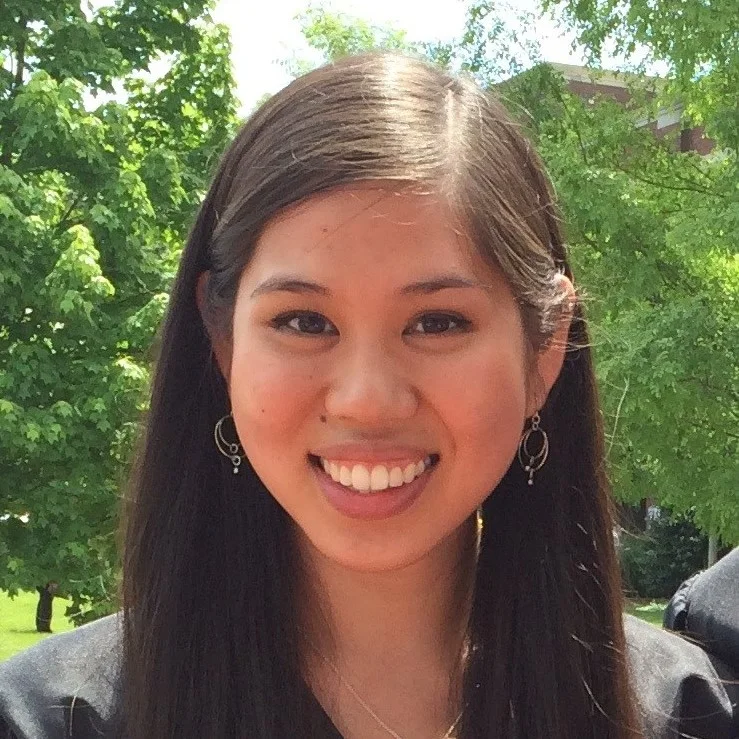Meet Dr. Alexander Bay, Guest of EP 14
/Meet Dr. Alexander Bay, Chair of the Department of History. This history buff uses his studies on a modernizing Japan to help fight diseases today. You see, many of the challenges a modernizing nation faced are paralleled in developing nations today. Turns out, it's much more than making sewers and indoor toilets. It's about fighting ignorance telling people to wash their god damn hands. Also discussed is the power donuts have on writing.
Read More


















